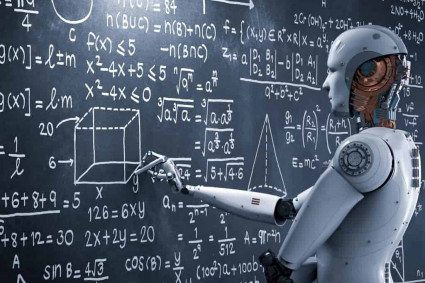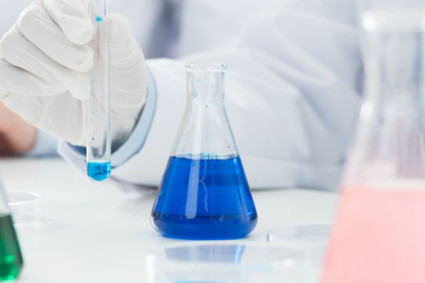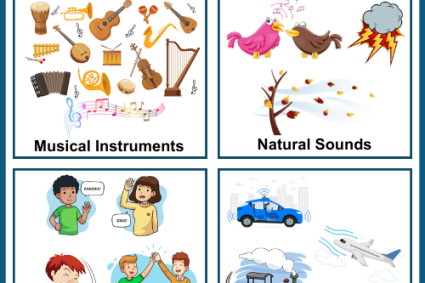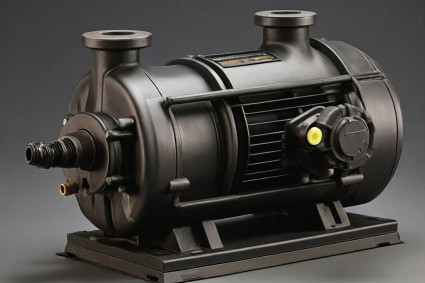Food
a) We eat various types of food every day, and it is essential for our bodies.
b) Food provides us with the energy to perform different activities such as working, playing, and simply living.
c) Even when we sleep, some organs in our body continue to work, like our heart, which constantly beats and pumps blood, and our lungs, which expand and contract to help us breathe.
d) To support all these activities, our body requires energy, which we obtain from the food we eat.
e) Moreover, food also plays a crucial role in protecting us from diseases and aiding in our growth. It helps repair any damage or wear and tear in our bodies.
Nutrients
Food consists of different substances known as nutrients, which are essential for our body's functioning and development. The primary nutrients required by our body include:
1. Carbohydrates
a) Carbohydrates are a type of nutrient that provides us with energy.
b) Foods that are rich in carbohydrates are known as energy-giving foods.
c) Some examples of carbohydrates include cereals like rice, wheat, and maize, as well as fruits, potatoes, sugar, and honey.
d) Carbohydrates are especially important for people who engage in physical activities such as labour work and sports. They help provide the energy needed for these activities.
2. Fats
a) Fats are a type of nutrient that gives us energy and helps keep our bodies warm.
b) They are the richest source of energy in our diet, providing even more energy than carbohydrates.
c) We can get fats from foods like butter, cream, cooking oil, cheese, and nuts.
d) However, it's important to be careful with the amount of fats we eat. Eating too much fat can be harmful because it gets stored in our bodies and can make us overweight or obese. This can lead to diseases like diabetes and heart problems.
e) So, it's important to eat fats in moderation and choose healthier fats, like those found in nuts and avocados.
3. Proteins
a) Proteins are nutrients that help us grow.
b) Foods that are rich in proteins are known as body-building foods because they help in building muscles and repairing our body parts.
c) Some examples of protein-rich foods include milk and milk products like cottage cheese and cheese, chicken, fish, eggs, and pulses (such as lentils and beans).
d) It's especially important for growing children to consume enough proteins because they need them for their growth and development.
4. Vitamins
a) Vitamins are important for keeping us healthy and helping our bodies fight diseases.
b) Foods that are rich in vitamins are known as protective foods because they help protect our bodies from illnesses.
c) Whole grains or cereals, fruits, vegetables (especially green leafy ones), and milk are good sources of vitamins.
d) There are different types of vitamins, such as vitamins A, B, C, D, E, and K. Each vitamin has its own specific function in our body.
e) It's important to remember that our body only needs a small amount of each type of vitamin every day to stay healthy.
5. Minerals
a) Minerals are important for keeping us healthy and protecting us from diseases.
b) Foods that are rich in minerals are known as protective foods because they help keep us fit and healthy.
c) Some important minerals include iron, calcium, iodine, and phosphorus. Our body needs these minerals in small amounts to stay strong and function properly.
7. Roughage
a) Roughage, also known as dietary fibre, is the fibrous material found in cereals, fruits, and vegetables.
b) Even though it doesn't provide much nutrition and our body cannot digest it, roughage is very important.
c) It helps with easy bowel movement and prevents constipation. This means it's important for our digestive system to work properly.








